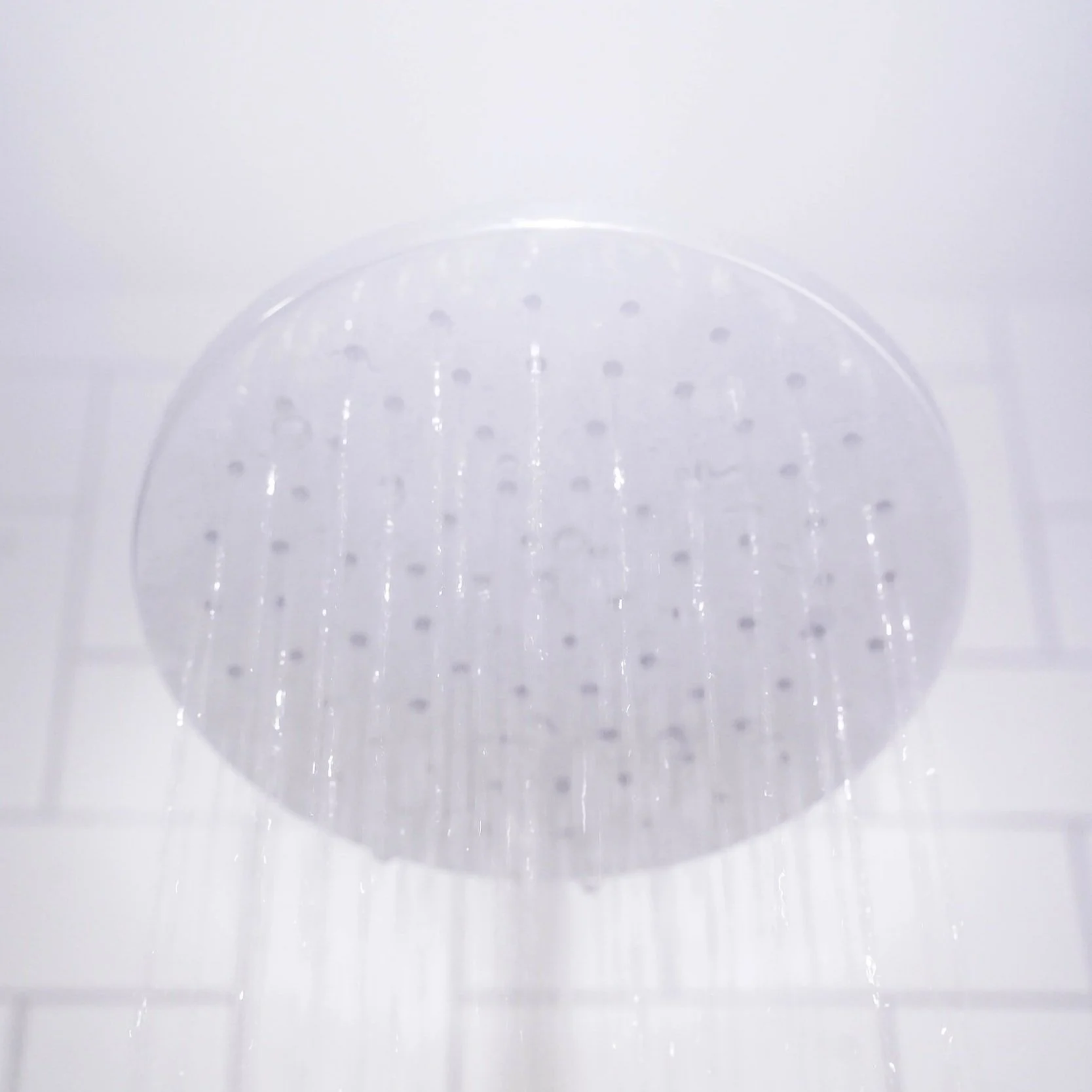How to Create a More Water-Efficient Home
A water-efficient home saves money and conserves energy through smart water usage.
Eco-friendly houses are a thing of the present, and water conservation plays a significant role in designing them. A water-efficient home saves money and conserves energy through smart water usage. Reusing water is not a complicated process but goes a long way.
Here are some simple ways to make the home more water-efficient:
Low-flow faucets
Old plumbing fixtures can use a staggering amount of water. Installing fixtures that regulate water flow in sink faucets and shower heads can save a lot of resources. Modern sink faucets use much less water than faucets from 20 years ago, and newer models of showerheads can cut water use by more than half.
Use greywater
Greywater is water that circulates through the home and is free from toxic waste products. Greywater sources include kitchen and bathroom sinks, dishwashers, tubs, and showers. However, drains in kitchen sinks are sometimes excluded from the definition of greywater due to the high amount of organic content from food scraps.
A family can reuse greywater by redirecting it to toilets and for some cleaning tasks. Storing greywater via a simple pipe system can reduce freshwater consumption by reusing water that would otherwise go wasted. A professional service can provide a better overview of the house's compatibility with greywater tanks and diversion.
Fix leaks
Plumbing leaks are not easy to spot; most people find out about them only when they see a puddle or hear water dripping. Unfortunately, even a tiny leak can waste a lot of usable water. Estimates by the U.S. Department of Energy suggest fixing leaks could save up to 20 gallons of water per day per leak.
Prevent water waste by doing regular checks on the plumbing devices. First, inspect any leaks the sinks or tubes may have by performing food coloring tests on the toilets. Then, scout and replace the flappers and float valves.
Get a shower timer
Long showers, while pleasing, waste a lot of water. So installing a shower timer that counts the amount of water used and alerts when the shower lasts for a bit too long can be a helpful gadget for saving water and energy simultaneously.
Showering for five minutes instead of eight can reduce water use by 65 gallons weekly per person. Shortening the shower time also saves energy on water heating. Therefore, installing a shower clock in the shower has multiple benefits to the environment and the family budget.
Create a water-smart home
Water conservation is not just an eco-trend anymore, but something that has many benefits for the family, budgeting, and the environment. Professionally installing water-efficient features in the home is an investment that is a secured return of income. Consult a plumber to fix the pipes, plug any leaks, and suggest the best fixtures that satisfy the household's needs.
Simba Plumbing is a full-service residential and commercial plumbing services company in Phoenix. We offer bathroom plumbing, kitchen plumbing, bathtub and shower, and faucet installation and repair. We are family-owned, meticulous and provide affordable, transparent pricing. Call us to book a service appointment.

